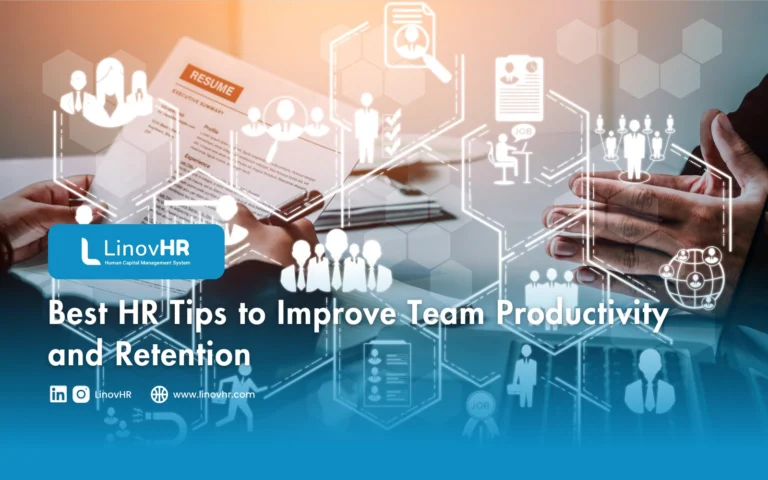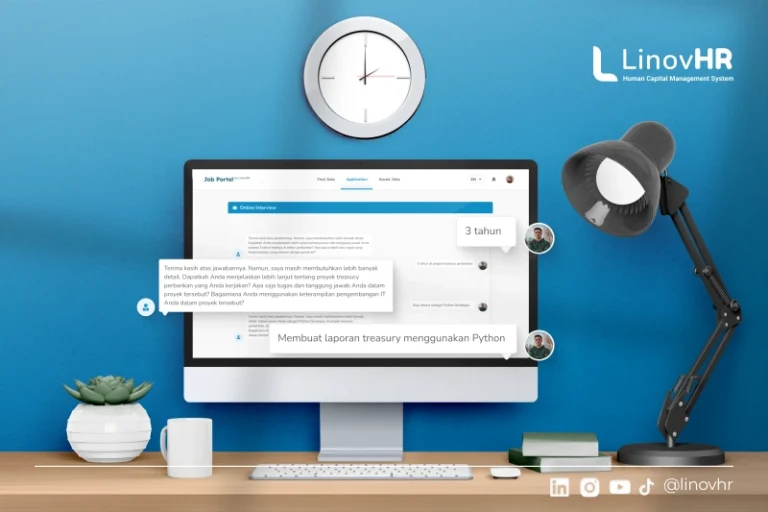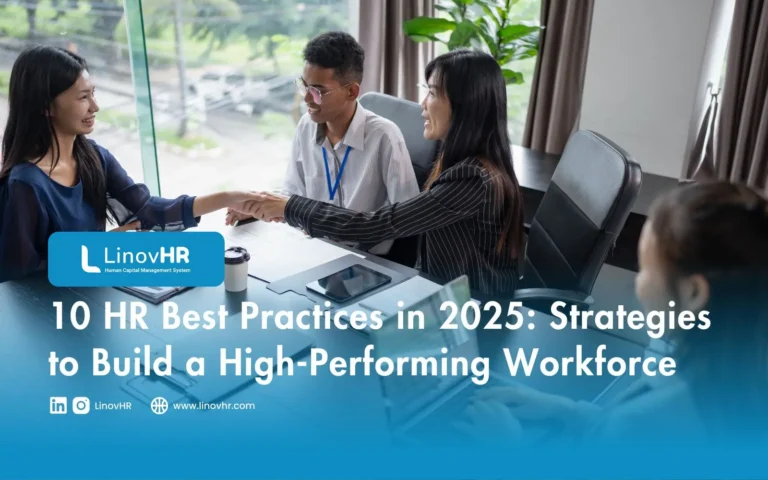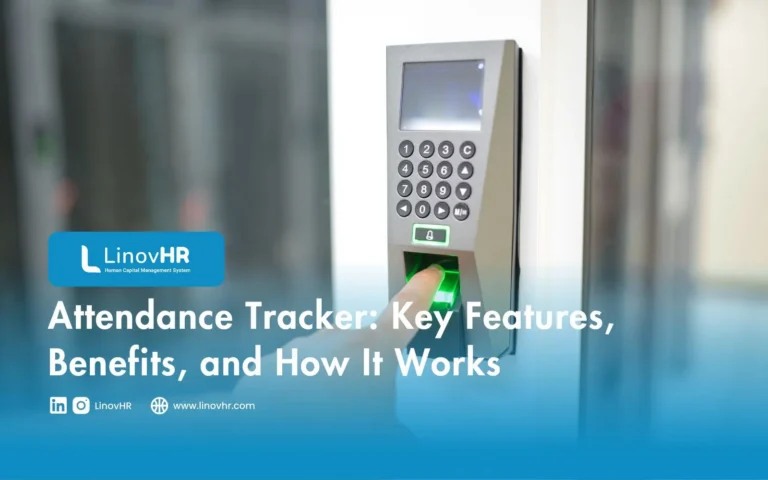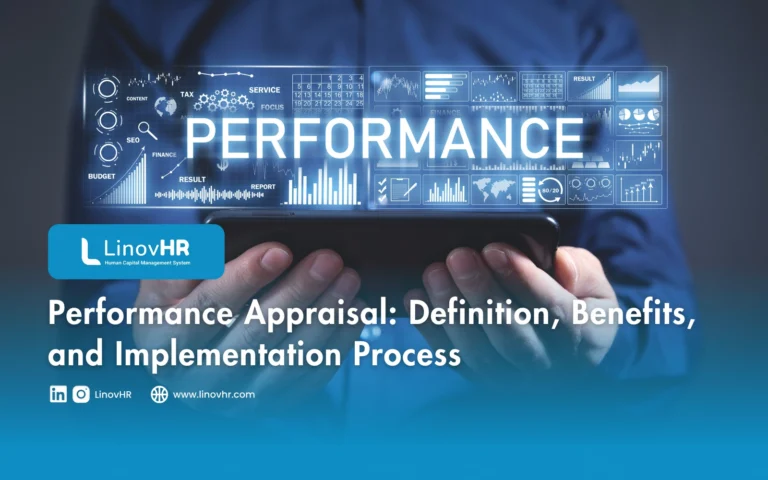In today’s ever-changing workplace, the role of HR goes far beyond managing employee administration. HR professionals are now strategic partners in helping companies achieve their business goals through effective talent management.
To perform this role optimally, HR professionals must stay updated with the latest trends, master technology, and implement strategies that enhance productivity while retaining top talent.
Why HR Professionals Must Keep Developing in the Modern Era?
The role of HR has become increasingly complex in the digital age. Beyond recruitment and administration, HR must act as a driving force in building a positive work culture and ensuring employees remain productive and engaged.
Continuous development is essential as the world of work rapidly transforms with the rise of HRIS technology, the growing importance of employee experience, and the shift toward hybrid work models.
HR professionals who continuously learn and adapt can lead change effectively and make data-driven decisions that support organizational sustainability.
Additionally, HR professionals equipped with digital and analytical skills can easily identify potential workplace issues, such as declining motivation or increasing turnover rates.
This enables them to design targeted strategies that directly improve productivity and employee retention.
Practical Tips for HR Professionals
The HR function today is far more strategic than before. Beyond handling administrative processes and recruitment,HR is now responsible for creating a productive, adaptive, and talent-driven work environment.
Here are 10 practical tips to help HR professionals improve performance, engagement, and employee retention within their organizations:
1. Apply a Data-Driven HR Approach
Modern HR must leverage data in every decision-making process, from performance analysis and turnover rates to training program effectiveness.
Insight from data allows HR to identify problem trends, predict risks, and design more targeted strategies. A data driven approach also enhances objectivity in performance evaluations and promotions.
2. Focus on Employee Experience
Employees are a company’s most valuable asset. Building a positive employee experience, from onboarding to long-term employment, fosters loyalty and productivity.
HR can involve employees in various initiatives, such as culture-building activities, soft skills training, or social programs that strengthen workplace relationships. The better their work experience, the higher their engagement level.
3. Design Clear Career Development Programs
Career growth opportunities are one of the main reasons employees stay. HR should provide transparent career paths, helping employees understand their career direction and the qualifications needed for advancement.
Mentoring, job rotation, and professional certifications can be effective ways to develop employee competence and prepare future leaders.
4. Build a Feedback Culture
A two way feedback culture is essential for open and healthy communication. HR can encourage managers and employees to give constructive feedback regularly through monthly evaluations, engagement surveys, or 360 degree feedback systems.
This culture helps individuals understand their strengths and areas for improvement, fostering continuous growth without fear of criticism.
5. Leverage HR Technology for Efficiency
Implementing a Human Resources Information System (HRIS) allows HR to save time on repetitive administrative tasks such as payroll, attendance, and appraisals.
With automation, HR can focus more on performance improvement and talent development strategies. Moreover, digital data integration enables faster analysis and reporting.
6. Prioritize Employee Well-Being and Work-Life Balance
Emotionally and mentally balanced employees perform better. HR can initiate wellness programs such as Employee Assistance Programs (EAP), counseling, or mindfulness sessions at work.
Policies like hybrid work or flexible hours also improve employee satisfaction and reduce stress levels.
7. Strengthen Internal Communication
Poor internal communication often leads to lower engagement. HR must ensure that every employee receives clear, relevant, and timely information.
Use multiple channels, such as newsletter, town hall meetings, or internal communication apps, to ensure messages are effectively delivered. Good communication also reinforces teamwork and interdepartmental collaboration.
8. Implement a Fair Reward and Recognition System
Recognizing employee performance is a powerful motivator. HR can create performance based reward systems such as employee of the month, achievement bonuses, or special awards for innovation and teamwork.
Recognition doesn’t always have to be monetary, it can also take the form of public appreciation, certificates, or additional training opportunities.
9. Encourage Cross-Departement Collaboration
Cross functional collaboration allows knowledge exchange and strengthens teamwork. HR can organize a joint project or cross functional workshops so employees better understand each department’s contribution to company goals. This approach fosters an inclusive and synergistic work culture.
10. Regularly Review and Improve HR Strategies
The world of work is constantly evolving, and HR strategies must adapt accordingly. HR should regularly evaluate programs and policies such as training effectiveness, turnover rates, and employee satisfaction surveys.
Routine evaluations help identify areas for improvement and ensure strategies remain relevant and impactful for both employees and the organization.
Common Mistakes HR Professionals Often Make
Despite playing a crucial role in the organization, many HR professionals unknowingly make mistakes that can negatively impact the team and overall company productivity.
Here are some of the most common ones:
1. Not Relying on Data for Decision-Making
Relying solely on intuition without data support can lead to subjective HR policies. For example, when assessing employee performance or determining training needs, decisions made without data may not accurately reflect actual conditions.
2. Lack of Focus on Employee Development
Some HR professionals focus too much on recruitment and forget that retaining employees is equally important. Without a clear career development program, employees may feel stagnant and choose to leave for better opportunities elsewhere.
3. Failing to Utilize HR Technology
Many HR professionals still rely on manual processes to manage employee data. In fact, digital HR systems can significantly reduce administrative workload, improve data accuracy, and provide valuable insights for long-term workforce planning.
Optimize Your HR Operations with LinovHR
Managing employee productivity and retention becomes much more efficient with the right technology. LinovHR offers an integrated HRIS solution that helps companies optimize every HR function, from performance management and career planning to employee training.
With the Performance Management module, HR can conduct objective and transparent performance evaluations. The Learning Management System (LMS) simplifies the training and competency development process, while Succession Management helps companies prepare future leaders ready to face business challenges.
Enhance your team’s efficiency and performance with LinovHR’s HRIS solution. Try it today and see how LinovHR helps your HR team work more strategically and productively.


